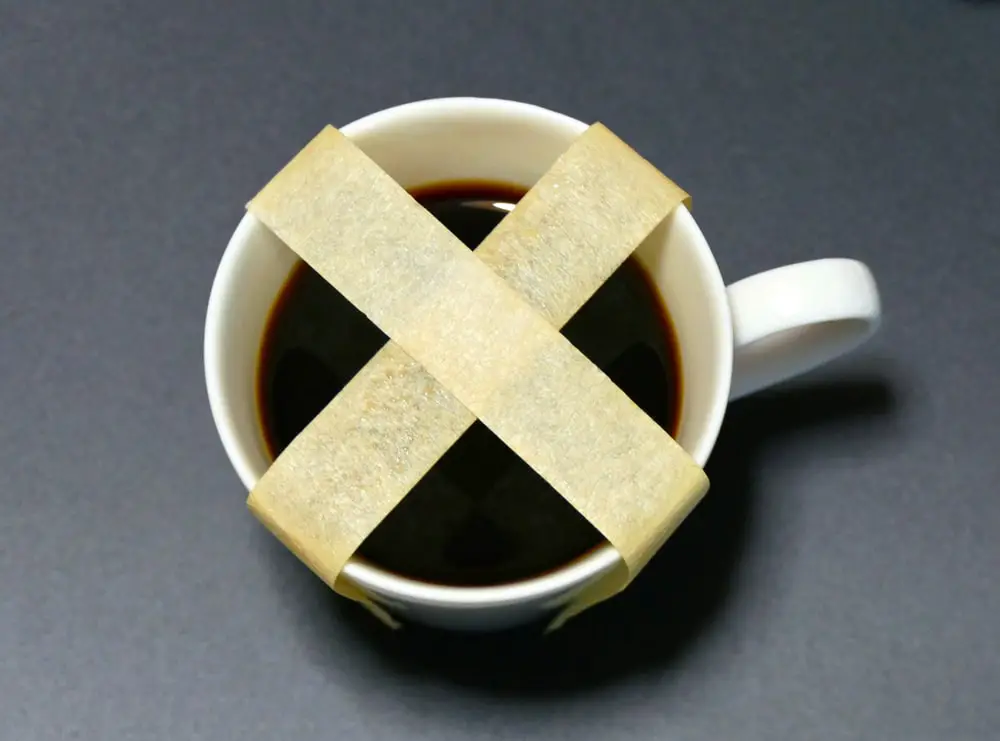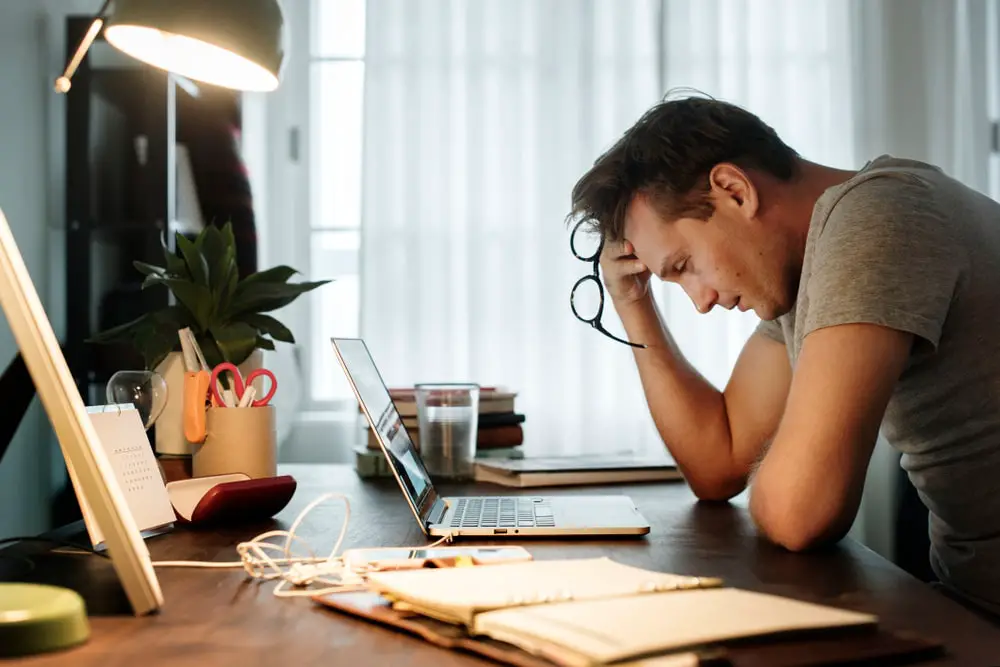Coffee, along with water and tea, is one of the world’s three most popular beverages since it became well-known and was introduced widely in European countries in the 16th, and 17th centuries. Moreover, coffee is also the most profitable international economic distribution in many nations.
Some people drink coffee so frequently that it is indispensable regularly. That is when drinking coffee becomes a habit that they cannot get rid of.

Coffee lovers might wonder “Why can’t I stop drinking coffee?”. In fact, it depends on several internal and external elements. Within this article, you will be provided with the appropriate answer.
Caffeine craving
Before finding out more about “craving coffee”, please note that consuming a moderate amount of coffee on a daily routine will not lead to health risks.
It is proven that caffeine is found in energy beverages, especially coffee and the caffeine content depends on what kind of coffee and how much you consume it daily. When you cannot stop the urge of drinking coffee, you might become dependent on coffee or caffeine in coffee.
Caffeine seems to be an addictive substance, but caffeine use is classified as a dependence, not an addiction. It is a stimulation affecting the brain and nervous system but is not sufficient to activate the brain’s reward circuit, as addictive substances such as cocaine, morphine, and nicotine do. Coffee dependency is quite the same as coffee addiction but with less harmful side effects.
Is coffee addition the right answer?
As mentioned, you can stop drinking coffee doesn’t mean you are addicted to coffee. When you give a daily cup of coffee up, your spirit might plummet and you cope with signs of withdrawal from headaches to concentration deficiency and muscle pain. That is because most coffee lovers are physiologically dependent on caffeine, said Dr. Samuel A. Ball of Yale University – a professor of psychiatry and also the president and CEO of The National Center on Addiction and Substance Abuse. He analyzes that the proof of burden in terms of addiction is not considered physiological dependency.
There are just a few cases reported that coffee drinkers are truly addicted to coffee. The Journal of the American Medical Association has a study conducted in 1994 which found that coffee addicts are just an insignificant rate among coffee lovers.
Therefore, unless you suffer from serious caffeine withdrawal, or cannot even go to work and have activities, you aren’t called a coffee addict.
What is the reason?
Here are the main reasons for caffeine dependence due to consuming coffee regularly confirmed by many reliable studies and objects:
Habit
Even if you do not experience a caffeine dependency, the possibility for you to crave coffee is quite high due to your habit. A habit can be so easy to be formed and so difficult to break once it is set. In case you have drunk coffee every day for months or years, you are highly likely to step into the drinking coffee habit.
You may have become psychologically dependent on the routine of drinking coffee over a period. As a result, attempting to eliminate a psychologically binding element such as coffee can be confusing.
Stress
Stress has negative effects on your body and psychology, followed by anxiety and fatigue. Many people control their emotions by using chemical stimulants like caffeine in coffee when suffering stress.
Practically, there is an actual relationship between coffee and the reduction of mental stress. It is the investigation in research named “Relationship Between Coffee Drinking and Reduction of Mental Stress in Young Women”, investigated among 256 objects who are young Japanese women. About 68% of these women responded that they enjoyed drinking coffee and felt relaxed when drinking coffee.
Caffeine in coffee reduces oxidative stress and protects the antioxidant system in hypoxia-induced pulmonary epithelial cells; it restricts hydrogen peroxide-induced lipid peroxidation products in human skin fibroblasts, and it decreases tissue lipid peroxidation and ROS. Coffee intake also reduced experimentally induced mental stress as measured by chromogranin A-concentrations.
Genes
There is a typical study published by the National Library of Medicine providing evidence of how genetics impacts consumption, acute response, or the long-term effects of caffeine. The study especially emphasizes twins and finds out powerful evidence for the heritability of traits including response to caffeine. For a variety of evidence, if you like coffee, the chance that your parents are also coffee lovers is accountable!
What happens to the body when you stop drinking coffee?
You have been drinking coffee for a long time, now you have decided to quit. Finally, you think you could be separated from caffeine dependency and start to consume healthier drinks instead.

However, this does not last long. On the first days without coffee, you will feel groggy. But the nasty symptoms are just about to begin.
Your body becomes so used to the extra boost caffeine gives it that when the substance is removed, the nervous system slows down slightly and the signals from the brain to the rest of the body are less constant. These signals will now be at the appropriate levels which is a good thing for you but your body needs more time to be used to functioning without the help of coffee. It is the reason why your first day not consuming caffeine may start with the shakes.
Then the headaches also begin to develop due to the change in your brain chemistry. Followed by strange activities your body does as long as you feel sleepy.
Day after, your blood vessels start to enlarge. Actually, this means the brain can absorb more oxygen than when you drink coffee. Drinking coffee reduces significantly oxygen to the brain. The sudden shift between not getting enough blood flow because of caffeine to getting too much blood flow can lead to withdrawal headaches persisting for the next several days.
While you are drinking coffee, you regularly evacuate your bowels easily thanks to caffeine causing contractions in the stomach, intestines, and colon that inform the body it is time to poop. So, the first day giving a coffee cup will be filled with bathroom frustrations as you will probably be constipated for most of the day.
Feeling drowsy and less productive when working is also the result of cutting coffee off. Unfortunately, side effects come as being annoyed, irritated by little things as well as anxiety.
But all of these things will end eventually. Your physical and mental health will be improved once you come through the symptoms without thinking of
drinking coffee back. If you are too tired, just crawl into bed and sleep.
Final thoughts
According to the FDA, the daily caffeine limit for healthy adults is 400 milligrams (mg) or less. Though drinking coffee is not completely detrimental to your health (even if you drink it incorrectly and set the right limitations, coffee can help you enhance your health) you are advised to control yourself not to get coffee dependent.
